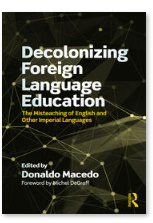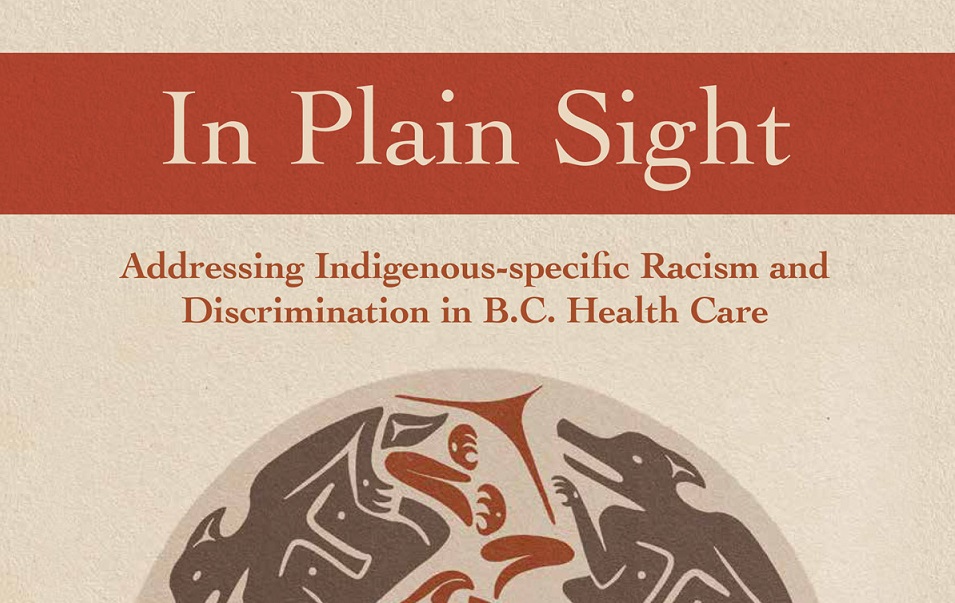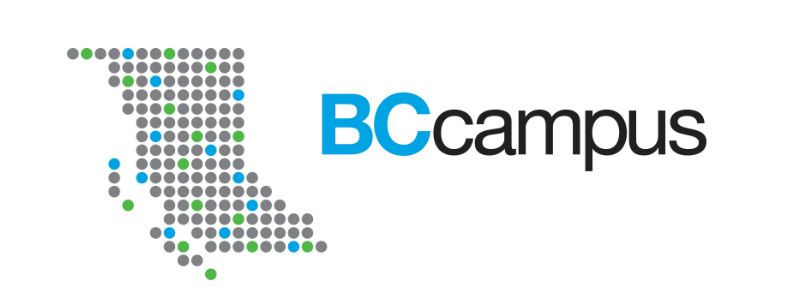Throughout my cyber-travels, I wanted to find diverse ways in which traditional knowledge can be shared. This travel highlights how Geographic Information System (GIS) mapping can be utilized alongside Indigenous Traditional Knowledge. In the past, mapping has played a significant role in colonizing Indigenous lands. Some of these shared resources begin to change this narrative and center Indigenous people reclaiming mapping. According to the article by PBS Decolonizing the Map: Creating the Indigenous Mapping Collective, they identify how mapping can be used to center Indigenous knowledge.
“Today many Indigenous communities across Turtle Island and beyond use cartographic mapping to track traditional knowledge of their lands and waters. These maps can show sacred sites, the paths of moose or caribou, the best areas to find a particular species of fish, where to pick traditional medicine and much more. Maps are often used when major projects such as mines or oil rigs are proposed on Indigenous land; they illustrate potential impacts these projects could have on the environment and the communities’ way of life.”
With access to online technology platforms, mapping is a space which allows more people to create, shape, and share maps than ever before. In 2014 the Indigenous Mapping Workshop began, and by 2020 the virtual Indigenous Mapping Collective was created to share knowledge and resources with one another. Through this collective, there have been connections to Google, and Canada’s Indigenous Lands have been added to Google Maps and Google Earth.
A collection of Indigenous Studies GIS Resources are available through Carleton University’s Library.






